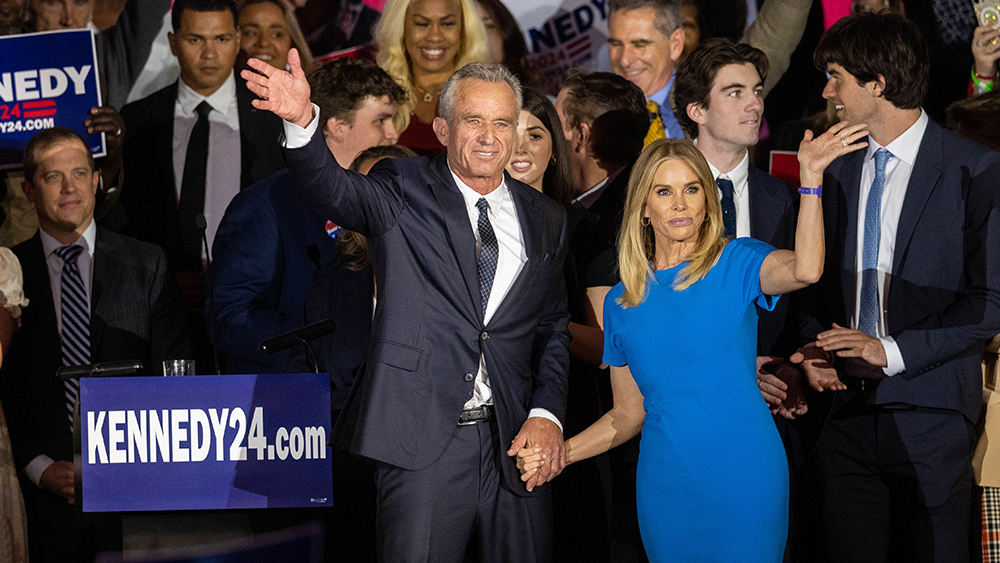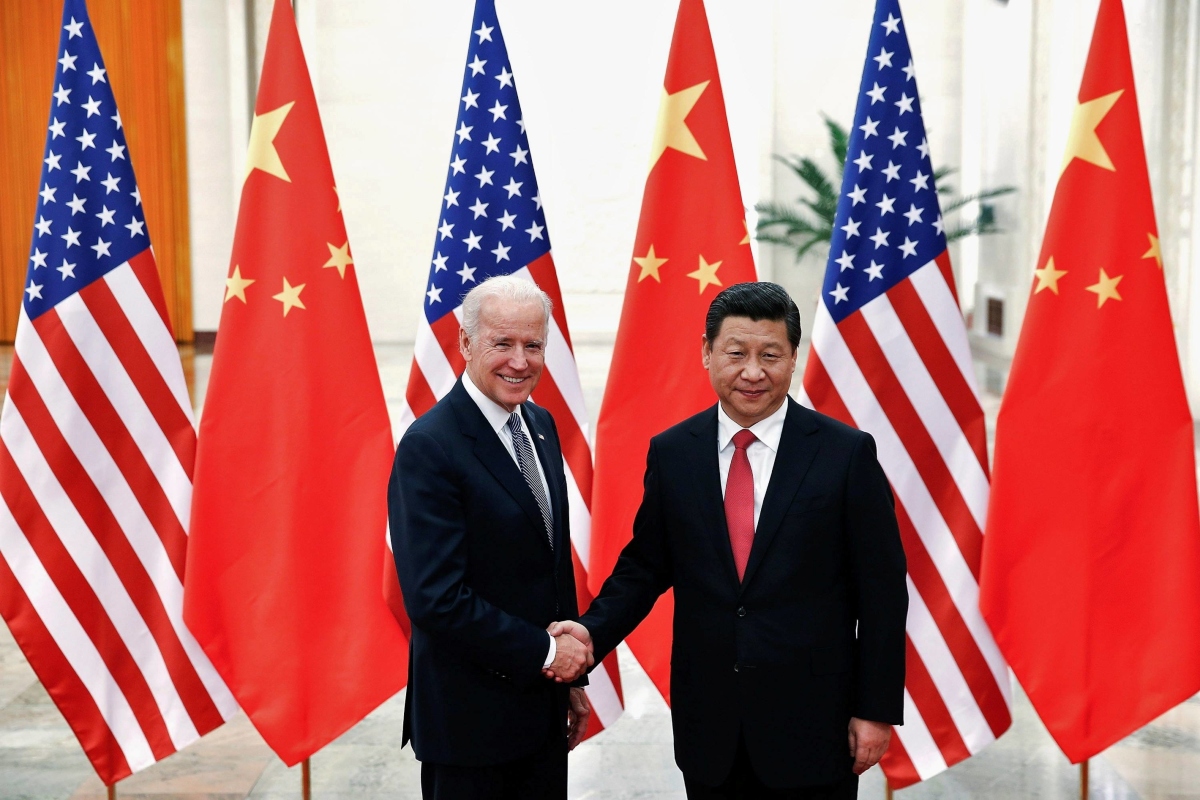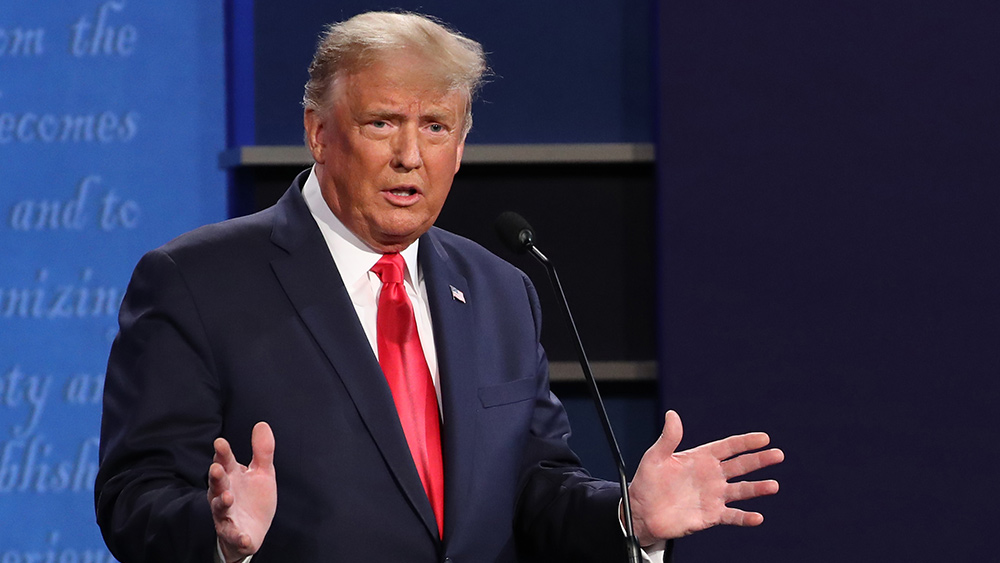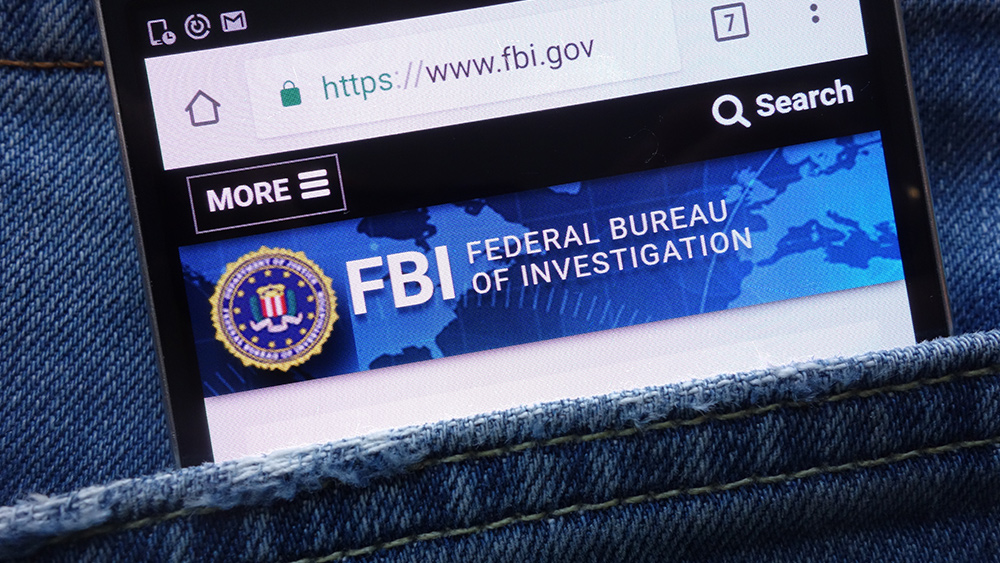RFK Jr. warns: “There is no time in history where the people censoring speech were the good guys”
04/30/2023 / By Ethan Huff

Robert F. Kennedy Jr.’s 2024 presidential campaign has certainly hit the ground running with the Democrat hopeful calling out his party for promoting censorship.
In a statement this week, Kennedy, the nephew of the late President John F. Kennedy, blasted the Democrats for becoming champions of anti-free speech policies that supposedly aim to silence “misinformation.”
Speaking to Breitbart News host Joel Pollak, Kennedy highlighted the fact that “there is no time in history where the people censoring speech were the good guys,” no matter how aggressively they touted their agenda as being positive.
As someone who has borne the brunt of censorship firsthand, Kennedy says that free speech and the First Amendment are vital to a healthy, well-functioning America.
“I’m wondering if you can make a pitch to our audience about a common cause that you, running as a Democrat, may have with many conservatives who feel that they’ve been canceled or otherwise censored or marginalized in public discourse,” Pollak asked Kennedy.
“It’s more than a personal aggrievement,” Kennedy responded. “It’s really just a direct assault on our democracy.”
(Related: RFK Jr. spoke out this week against the Democratic National Committee’s [DNC] plan to not allow any debates in the upcoming presidential primaries – because the Left is all about censorship these days.)
In order for the rest of the Constitution to be upheld, you must have the First Amendment, Kennedy says
In Kennedy’s view, the entire Constitution is dependent upon the First Amendment. This was the idea the founding fathers had when they crafted the Bill of Rights, he maintains.
They “put the right to free expression in the First Amendment because all the other rights depended on it – because the government that has the power to silence its critics has license for any kind of atrocity,” Kennedy stated, vocalizing his support for this important foundational document.
“They also understood just theoretically that the whole basis for democracy was the free flow of information,” he continued, adding that one of the great benefits of our constitutional republic is that “through the free flow of information, the best policies can triumph in the marketplace of ideas.”
“We’re now in this situation where without free speech, democracy just withers and dies. Free speech is the fertilizer; it’s the sunlight; it’s the water for democracy,” Kennedy added.
“There is no time in history where the people who were censoring speech were the good guys. They’re always the bad guys because, of course, that is the first and last step of totalitarianism: silencing critics.”
Even if speech is seen as “misinformation” or “false” by one person does not mean that another person should be restricted from saying it, Kennedy argues. In other words, in order for speech to truly be free, all of it must be covered under the First Amendment (except for the kind that involves actual crimes, of course).
Kennedy says that barely anyone trusts the media or the government anymore because of all the censorship being pushed. This would change under a Kennedy administration.
“Twenty-two percent of Americans now trust the government, and about 22 percent trust media,” Kennedy explained. “That’s the lowest level in our history.”
“And the reason they don’t – there’s a very good reason – is that the government and the media, the mainstream media, the corporate-owned media, they are now lying just as a matter of course. And because of that, people are looking for other sources of information. And when those other sources challenge government orthodoxies, the government’s response is to censor them or to label them as misinformation and say that they’re dangerous.”
You can listen to the full interview between Pollak and Kennedy on SoundCloud.
More related news coverage can be found at Censorship.news.
Sources for this article include:
Submit a correction >>
Tagged Under:
2024, banned, big government, Censored, Censorship, Collusion, conspiracy, deception, deep state, First Amendment, free speech, Kennedy 2024, misinformation, president, RFK Jr, Robert F. Kennedy Jr., totalitarianism, vote democrat
This article may contain statements that reflect the opinion of the author




















